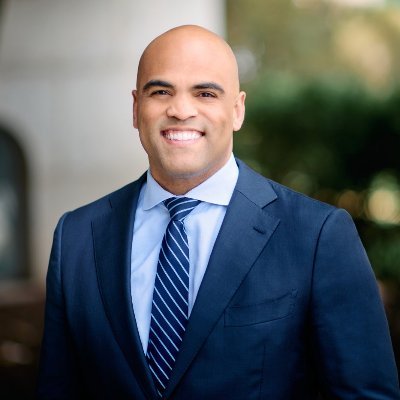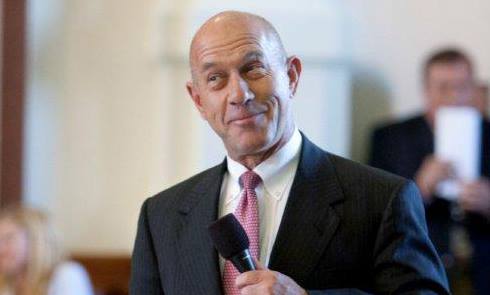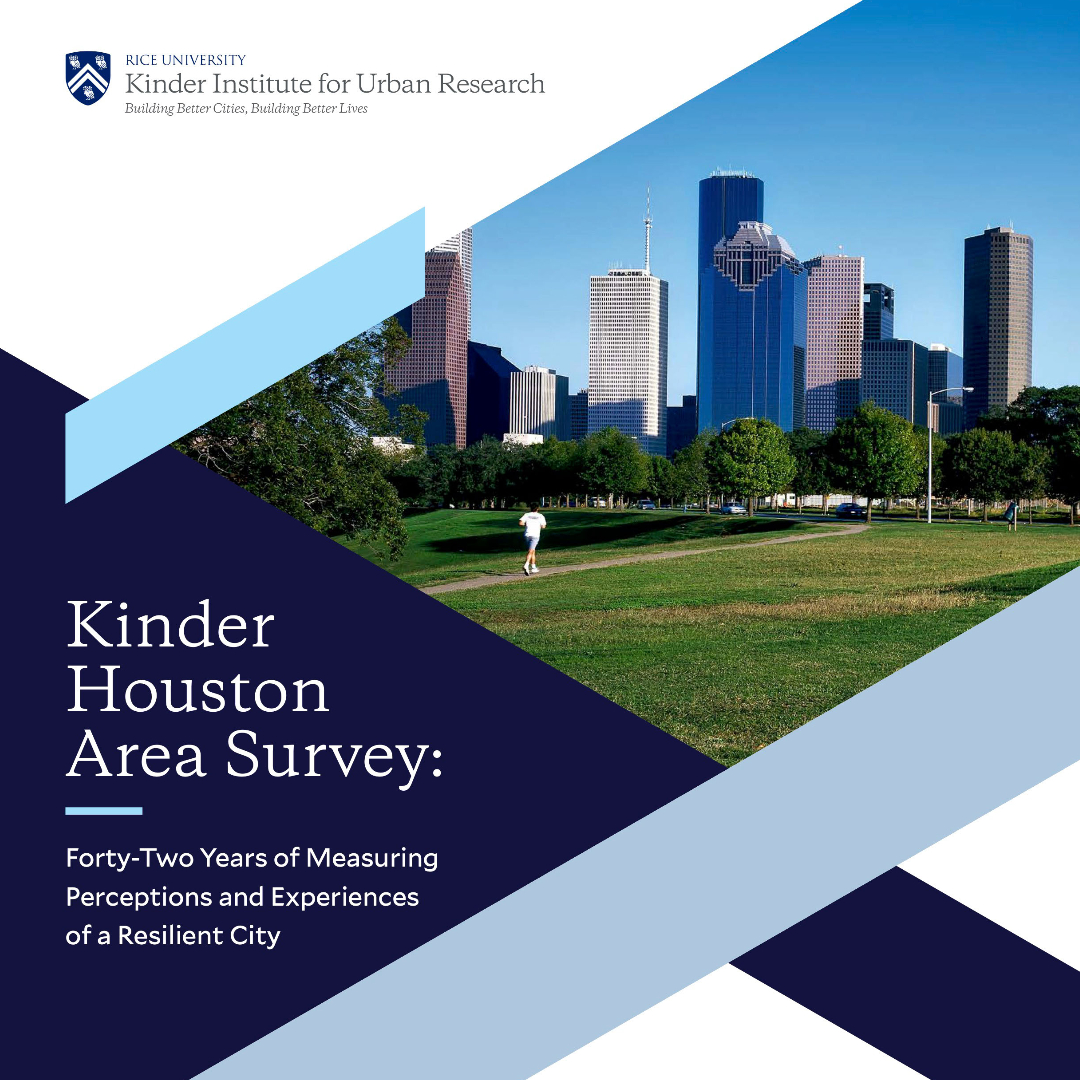This is a weekly feature produced by my friend Ginger. Let us know what you think.
This week, in DFW-area news, another smorgasbord, including the ongoing effects of the ransomware attacks, runoff elections, the aftermath of the Allen mall shooting, local fallout from Lege decisions, Wyatt HS in FWISD has a racism problem, Frisco ISD has civil rights problems, Harlan Crow keeps talking, an I-345 update, some great museum exhibits in the area this summer, and Tina Turner’s (RIP) connection to Dallas.
- As Charles noted at the weekend, the City of Dallas is in a not-great place with the Royal ransomware situation. While no news of an information release has surfaced this week, things are still a mess. The DMN has an explainer (Archive link) for anyone who needs to catch up on the current situation. The municipal courts will be closed through May 30 and, she complained, there’s still no update on the library situation.
- In the unrelated payroll problems in Dallas County, we can add election workers (Archive list) to the list of un(der)paid workers. Apparently they managed pay for Election Day workers by giving them debit cards.
- Speaking of elections: What you need to know about runoff elections in Fort Worth and Tarrant County. There’s also a runoff for District 3 of the Dallas City Council and Dallas ISD’s District 2. Early voting begins May 30, continuing through June 6, and Election Day is June 10.
- Meanwhile, in Allen, the outlet mall will reopen May 31, after the Memorial Day shopping weekend. Individual stores may take longer to reopen. Meanwhile, the DMN has an explainer about the shooter (Archive link). KERA adds the ugly detail that he signed his name on a license application with a Nazi lightning bolt SS. DPS, which received this application to become a security guard, passed the background check, received a license, and renewed it, which suggests DPS needs to reconsider its procedures.
- Dr. Ximena Lopez, formerly of GENECIS, the clinic caring for trans youth at UTSW/Children’s Medical Center here in Dallas, is closing her practice and leaving Texas at the end of July. The DMN article on Dr. Lopez (Archive link) notes that this should not affect her suit against her employers. I wish Dr. Lopez well, but as a Texan with trans friends, I’m not surprised she’s leaving. Most of my adult trans friends or friends with trans kids are either already gone or on their way out. I wish Dr. Lopez’s persecutors a heaping helping of justice.
- In Lege news, Greg Abbott signed the ankle monitor bill (Archive link) sponsored by local Rep Rafael Anchía. The bill was inspired by the murder of hospital workers at Dallas Methodist Hospital by a parolee who had cut off his ankle monitor. Violence against hospital workers isn’t just a Texas problem, as noted in this NPR piece about hospital police forces. As always, though, the fact that Texas lets anybody and their dog buy any kind of gun is a big piece of the problem that won’t be solved until we throw the gun gropers out of office.
- Possibly related to the immediately preceding couple of items: UNT Health Science Center launches new nursing college to address a North Texas shortage. We need more health care professionals of all sorts, but we also need less political interference in medical care and fewer jackasses shooting up places where nurses work, on top of the general troubles health care workers have had to deal with since 2020.
- Fort Worth ISD has been dealing with a scandal at Wyatt HS where teachers participated in a “dress like students” day and somene posted some frankly racist social media pictures of teachers as “ghetto” students. The principal is currently holding the bag with the board, but the counselor who posted the pictures and comments was still on campus. The board won’t have the matter resolved until after the last day of school, which was May 25.
- Here’s a primer on Frisco ISD’s civil rights investigations including the Marvin Lowe matter. Frisco ISD would like you to know there are only seven open investigations with the DOE, not even the most locally, because there are eight in Carrollton.
- Just possibly related: Arlington ISD’s Lone Finalist for Superintendent Declines Offer, Decides to Stay in G-PISD. Apparently it was a shock to Arlington officials, who found out on social media and through gossip. Honestly, if I were an educator with a good job, in this case near Corpus, and someone tried to hire me to run a north Texas ISD with the hassles we have, I’d pass too.
- I-345 Is Dead, Long Live I-345. City Council has voted to trench I-345, the elevated freeway that connects I-45 from Houston with US 75/Central Expressway. I picked the D Magazine link on this story because it gets deeply into Dallas’ highway history and the community and financial issues around it, and also because it’s so frank in acknowledging that DOT’s priorities are the Governor’s priorities. If we want change around I-345, and I do, we have to vote the Governor out.
- Too bad so sad: Tarrant County’s immigration enforcement program hits pause due to short staffing, ICE says.
- This week’s edition of Six Degrees of Clarence Thomas involves Harlan Crow telling Senate Democrats they can’t make him talk about his gifts to Clarence Thomas, which I hope they subpoena his butt and prove him wrong on. For analysis of the letter, I refer you to Chris Geidner’s Law Dork, which is quite aggressive. Also, as linked in the Guardian article, Harlan Crow’s tour of middlebrow media outlets to convince them he’s just a normal guy stops at the Atlantic (Archive link) this week, where he talks with Graeme Wood, who declared Crow was not a Nazi in the early days of the scandal. The Atlantic piece is actually worth reading because Wood, who was raised in Dallas, talks about how Crow’s life and response to the accusations around Thomas fit into the Dallas paradigm.
- Unsurprising economic news about homebuyers in Dallas: In 2021, the typical Texas homebuyer was 47. A year later, they were much older (Archive link). The next year, it was 56. The share of first-time homebuyers dropped from 32% to 24%, driven by prices and mortgage rates. Also, related, white folks really dominated the market, so click through and look at the infographics.
- In a piece of positive Lege news, Governor Abbott has signed legislation designating a 1.6-mile stretch of Royal Lane in northwest Dallas as “Koreatown” (Archive link). This is another bill sponsored by Rep. Anchía, so congratulations to him.
- Here are some cultural events that may interest DFW folks: The Oak Cliff Film Festival Announces Its 2023 Lineup (I’m planning to see the 1925 silent film The Lost World with live score by the Alloy Orchestra); At the Crow Museum, simple functions lead to stunning forms from Japanese artisans (Crow in this case being Trammell, not his son Harlan); ‘Multiple Exposures’ exhibition at Amon Carter showcases Christina Fernandez’s best works (Archive link); Lives of the Gods: Divinity in Maya Art at the Kimbell in Fort Worth. The Amon Carter, the Crow Museum, and the general collection at the Kimbell are all free (the Maya exhibition is fee-entry).
- Last but not least: Dallas is mourning Tina Turner (RIP) the way it does best: by remembering her local connection, which is that she fled from her husband Ike, a notorious abuser, here in Dallas and ran across I-30 to get away from him. Apparently the hotel where she ended up has become a shrine for mourners, which is both a little creepy and very Dallas.





















